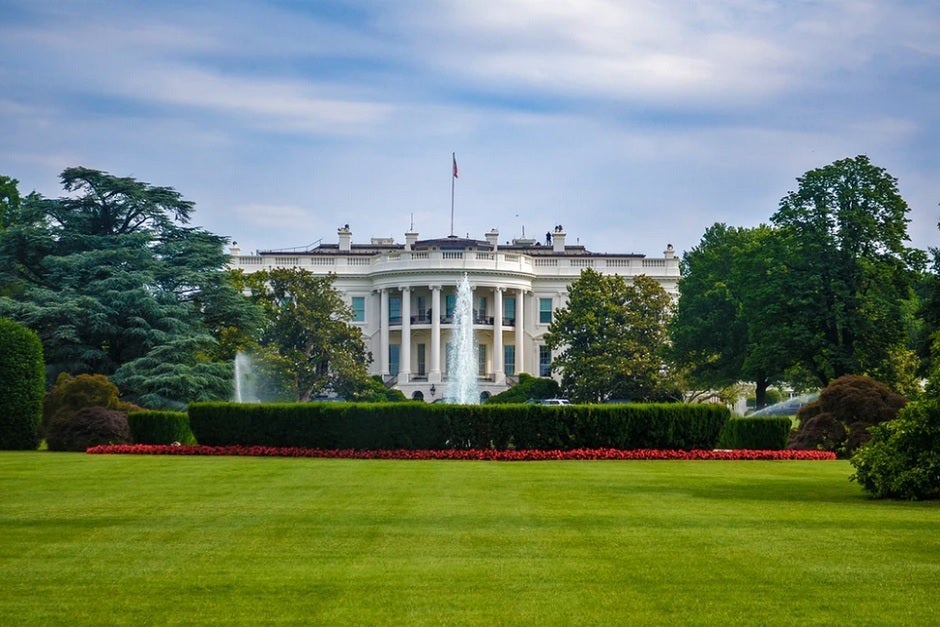Even under a new U.S. administration, Apple and its supply chain will seek to exit China ASAP

Just the other day, we told you how Apple is looking to move the assembly of its iPad tablets and other devices out of China. The goal is to diversify production away from China just in case import taxes on devices made in China and shipped to the U.S. are raised or China bans production of products assembled for U.S. firms. But the billion dollar question is whether U.S. companies like Apple will still have to worry about having to move their supply chains out of China once Joe Biden becomes president on January 20th, 2021. For now, Apple and other stateside tech firms are continuing to work on exiting China ASAP.
Bloomberg reports that there are various factors that analysts see speeding up the desire of American tech companies to move production out of China. Dan Wang, a technology analyst at Gavekal Dragonomics, says, "As China gets more expensive, and as U.S. politics have been unpredictable, companies have shifted production of some goods out of China. That trend will continue as China gets more expensive and as Vietnam and India improve their competitiveness." Besides the latter two countries, Mexico is also considered a possible replacement for China.
Even with Trump moving out and Biden moving in, Apple's supply chain may remain moored in China for some time
Apple CEO Tim Cook made his mark at the company creating its China-centric supply chain. And over the last few years, Cook didn't make a huge move to blow up the supply chain he created. But as Bobby D. once sang, "you don't need a weatherman to know which way the wind blows." Cook has been looking at ways to get Apple's supply chain out of China. India seems ready to expand its production of the iPhone as Pegatron joins Foxconn and Wistron in the country. The latter two have already been making iPhones in India and Pegatron will spend 11 billion rupees (equivalent to $150 million USD) to join them as soon as next year.

Even a new White House occupant won't quickly move Apple's production out of China
Cook also has Apple trying to persuade the U.S. government to give tax breaks to foundries willing to produce chips in the states. The world's largest foundry, TSMC, of which Apple is the largest customer, is building a fab in Arizona which will produce integrated circuits for smaller tech firms than Apple using a process node that will be one or two generations behind. Still, this is a good start and surely the U.S. tech industry would really love to see the states eventually become one of the top countries when it comes to chip production.
One country whose supply chain has been hurt under the Trump administration is strangely the U.S. Somehow lost in the placement of Huawei on the Entity List last year, which banned the manufacturer from accessing its U.S. supply chain, is that the move cost American companies millions and millions of dollars. So in trying to punish Huawei and China, the U.S. government was actually hurting itself.
The problem with moving a supply chain or rebuilding one in a new country is that the members of the chain must be able to deliver parts in the quantity and quality that big tech players like Apple need. And something like that doesn't happen overnight. Foxconn Chairman Young Liu noted that it took Apple's leading supply chain member 30 years to build up its operations in China. Young points out that the countries being discussed as replacements for China are not going to be able to put up a supply chain overnight. Making a move like the one that Apple, other tech firms, assemblers, and supply chain members want to accomplish will take time. Gavekal analyst Wang added that because of the time required to build a quality supply chain "China will remain a major electronics manufacturing hub for at least the next five years."
Follow us on Google News













Things that are NOT allowed:
To help keep our community safe and free from spam, we apply temporary limits to newly created accounts: